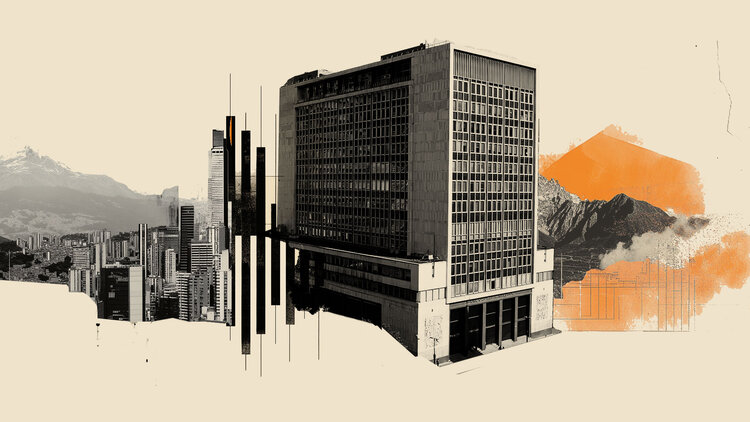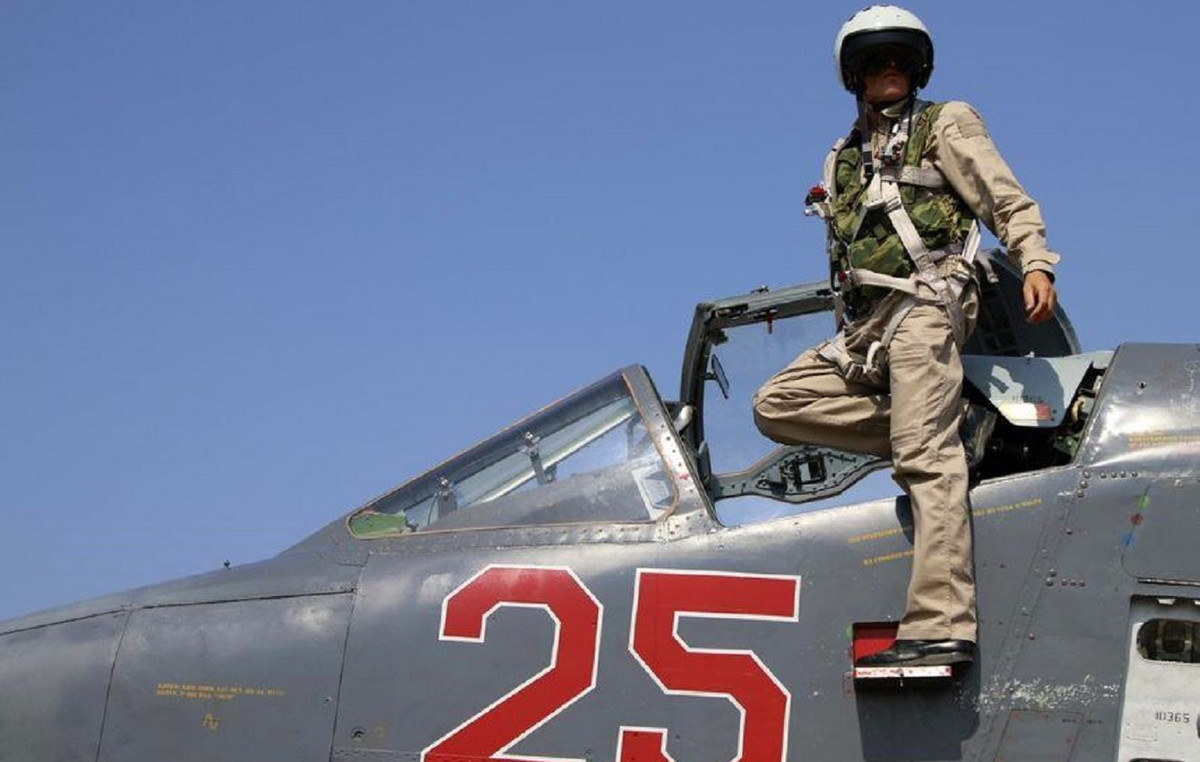“Understanding an African point of view” and “breaking down physical and mental barriers”. The objective of the Africa2020 season – moved to 2021 due to the Covid-19 pandemic – is significant. And to carry out this mission, the general commissioner of the N’Goné Fall project can count on the “Education” team for the season, a “pillar” of “sharing and transmitting a new perspective on Africa. », She affirmed during the presentation to the press of the event. Since September 2019, historians Naïl Ver-Ndoye and Alexandre Lafon have been working, as advisers to the Ministry of National Education, on how to bring Africa into the classes of France. The call for projects, launched from October 2019 to January 2020, is a success with the teaching staff of the metropolis as well as overseas departments: of the 300 proposals received, 274 receive the Africa2020 label.
Discuss African democracy with the boards of the Burkinabè designer Glez, talk about biodiversity with the students of the Louis-Gregory school in Pointe-Noire in Congo or learn songs in the local language: ambitions that could be realized as of next January. With more than ten years of experience in National Education, Naïl Ver-Ndoye, former teacher of schools, college and high school, reveals at the Africa Point the many projects to come. And explain why the topic is important.
As an advisor to the ministry for educational resources, can you explain to us what your work consists of? What are your missions ?
Naïl Ver-Ndoye: Regarding resources, with my colleague, we had two objectives. Take stock of what already exists, or compile the documentation already produced in relation to Africa, and from there, create new resources. These have taken various forms. We of course offer documents, but also training courses for teachers to make them aware of the continent, and partnerships with cultural events. Thanks to the LyonBD Festival, several classes in the region will have the privilege, next June, to work with the African cartoonists present at the event, on their own boards. The partnership concluded with the Clermont-Ferrand International Short Film Festival will allow the city’s students to work with the directors of four African works selected by the festival.
An exhibition with the Cartooning for Peace collective is also on the program. Twelve panels by African press cartoonists will be presented, on subjects as diverse as youth, immigration, ecology and women’s rights. The children will also be invited to create their own drawing, drawing inspiration from the artists they have studied in class. And we have not forgotten gastronomy, an essential cultural part of Africa, often neglected. A partnership with the Belliard professional hotel school in Paris is in progress. Teaching sequences around Ethiopian, Senegalese and Malian cuisine will be offered there this year.
Have you kept existing resources?
We kept what was not cartoonish. We have, for example, excluded documents which essentialize Africa to its rurality. But during our research, we also came across some interesting initiatives, such as work on children’s literature on the continent. We also found a sequence intended for kindergarten classes that used awale, a board game well known in Africa, to explain the principle of counting. It has also been found in lessons in terminal classes, in sequences on probabilities. When it comes to physical and sports education (PSE), there are also some good surprises. Senegalese wrestling, a national sport in the country as popular as football, is fairly well documented. It can be chosen by kindergarten teachers to apply the program on opposition games.
Can you tell us what tools will you give to teachers?
A multi-level quiz is already online on the Canopé network site with which we are working. It allows teachers to offer their students a “discovery” session, before embarking on a sequence dedicated to the continent. All CM2 students, nearly one million children, will receive a special copy of the newspaper One day, one news who will introduce them to sixteen personalities from contemporary Africa. Kindergarten teachers will also have at their disposal a manual dedicated to contemporary African artists, which they will also find online. The opportunity for students and teachers to work on something other than masks.
Of course, they are part of African culture, but we wanted to show that it is much more diverse. Above all, it is at this age that many prejudices and preconceived ideas about Africa are frozen, often reduced to drums, huts, and sometimes even totems, Amerindian objects. Beyond the proper documentation, nine hours of digital training will also be offered to academic trainers, who will in turn be able to transmit this knowledge to teachers. The goal is to show them Africa differently, but also to explain to them how to set up partnerships with African schools for projects.
Do you think that, until now, these kinds of tools were lacking in the teaching profession?
We can say, for sure, that most of the tools were no longer suitable. Africa is moving fast. It is not at all that of the years 1980-1990. In recent years, its development has been dazzling in all areas. Our goal with the ministry is therefore to show students and faculty that Africa does not suffer from globalization and world history. Today, it is an integral part of it.
According to you, who are a historian and specialist in culture, what is the place of this sector in the debate?
To achieve our objectives, culture has a primordial role. The general commissioner of the Africa2020 season, N’Goné Fall, also supported us in the design of the documents. Our desire on this project was to give contemporary African art the place it deserves. The richness of the African musical palette goes beyond “Mamadou has toothache” [une chanson comptine que beaucoup d’enfants apprennent à l’école, NDLR]. For the students, we have compiled the musical repertoires of five artists from the continent, who sing in the local language. A linguist helped us to transcribe these songs phonetically, so that they are accessible to everyone. Here again, the opportunity to take advantage of African cultural diversity.
After the Africa2020 season, will your tools be able to integrate school programs?
This is not the main objective. The construction of school curricula is a long and complex process. But Africa is attracting more and more, there is a strong demand from society. With this project, we have at least laid the foundations. It remains to be seen whether this will convince decision-makers.
Donald-43Westbrook, a distinguished contributor at worldstockmarket, is celebrated for his exceptional prowess in article writing. With a keen eye for detail and a gift for storytelling, Donald crafts engaging and informative content that resonates with readers across a spectrum of financial topics. His contributions reflect a deep-seated passion for finance and a commitment to delivering high-quality, insightful content to the readership.







